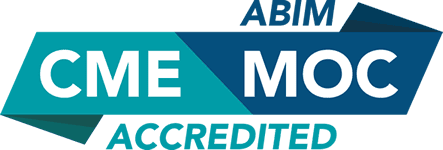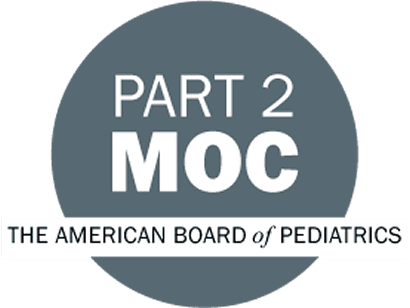Maintenance of Certification Program
Committed to finding viable solutions that work for our member community, HRS wants its members to get back to taking care of their patients rather than trying to navigate the complexities of the MOC process or spending countless hours away from their practices.
The MOC program was created by ABIM to provide physicians with a pathway to know that they are staying current in the medical knowledge used to treat patients and make important care decisions daily.
American Board of Internal Medicine (ABIM)
The MOC program was created with effort from thousands of physicians within the US. It offers physicians with a pathway to recognize that they are staying current in the medical knowledge they use to treat patients and make important care decisions daily.
The program has evolved to include a new assessment option and an increased recognition of the work doctors do every day.

American Board of Pediatrics (ABP)
Purpose
Lifelong Learning and Self-Assessment (Part 2) of Maintenance of Certification (MOC) is designed to help pediatricians assess and enhance the clinical knowledge and skills important to their individual practices, using activities developed by the American Board of Pediatrics (ABP) and other organizations.
Points
You must earn at least 40 points for Part 2 activities every five years, regardless of how many certifications you want to maintain. If you have more than one certification, the same five-year cycle will apply to all your certifications.
To learn more about Part 2 Credit visit How to Earn MOC Part 2 Credit.
